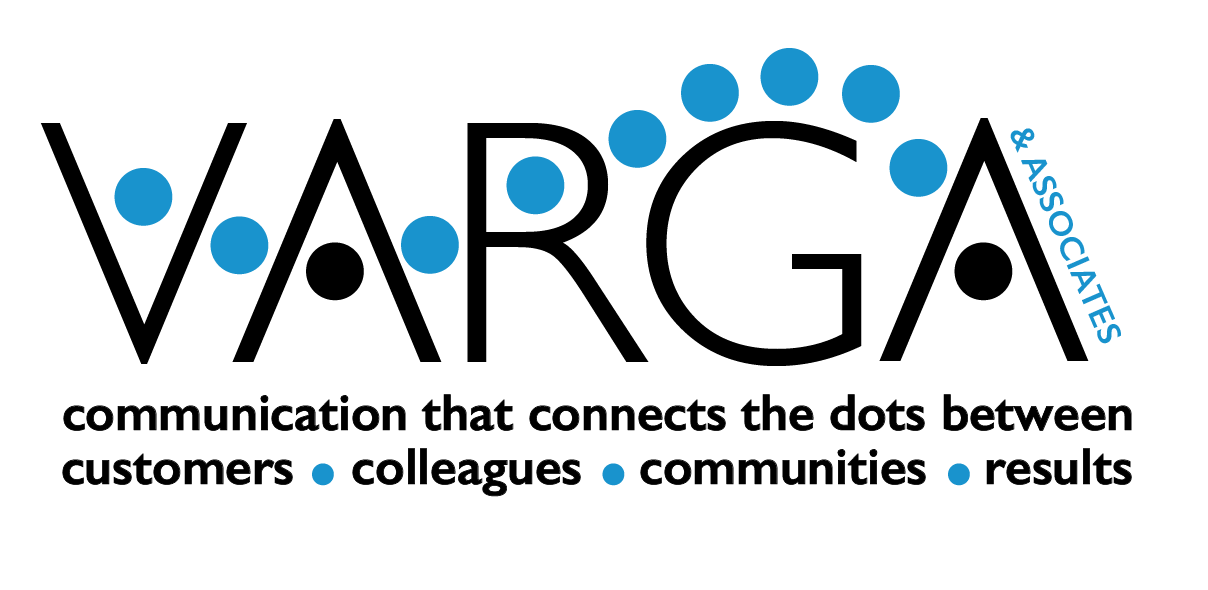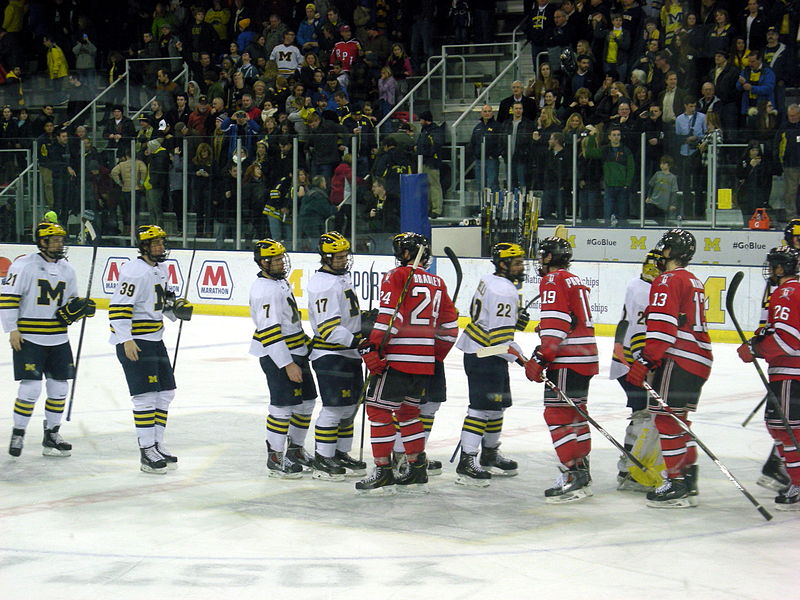Photo by Michael Barera (CC BY-SA)
As the Stanley Cup Finals are underway (and full disclosure, yes I am cheering on Chicago’s Blackhawks), I’ve paid closer attention to hockey’s tradition of lining up after the highly competitive series to shake hands with the opposing players. Apparently the hockey handshake pre-dates the NHL and remains a solid tradition that players fully commit to. They form a line, look each other in the eye, say a few words of congratulations, shake hands and skate away.
In some ways it seems odd. Ice hockey is one of the most physically aggressive sports there is and yet they have maintained the most genteel of closing practices. You don’t see it in the NBA, MLB or the NFL – and often you see the absolute opposite – players avoiding eye contact, dissing the other team and sulking back to the locker room.
Matt Cooke, before playing game number 7 in the Stanley Cup Finals for the Pittsburgh Penguins in 2009, said, “We all know what kind of a grueling schedule (the finals are), the toll the playoffs take on you. You have a mutual respect for the guy on the other side. You shake the hand to say, ‘Hey, great job. We’ve pushed each other to the limit. There’s no more games.’ …They put their egos aside and know that they’re out there trying to win. That’s what it’s about.”
This display of good sportsmanship is equally important for us in business. We can play hard, be competitive, but in the end, we want to carry ourselves with the greatest of professionalism. Hockey’s handshake tradition is a good reminder to:
- Play hard. Be gracious in victory and defeat.
- Leave squabbles, points of conflict on the court and take your colleague out for a beer after a hard-won battle.
- Acknowledge mistakes and apologize for missteps. Own your choices.
- Create your own traditions that celebrate successes and honor defeats.
As the playoffs unfold, notice the tradition at the end of the series to reinforce how to bring positive closure to the competitions we participate in, both personally and professionally.







